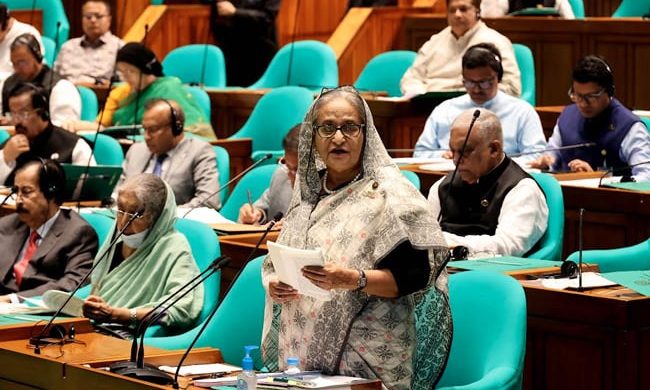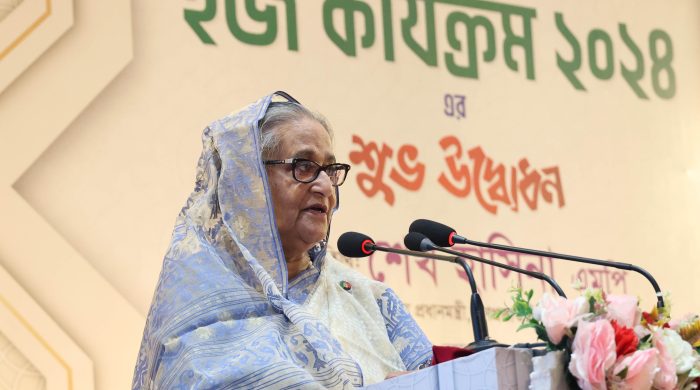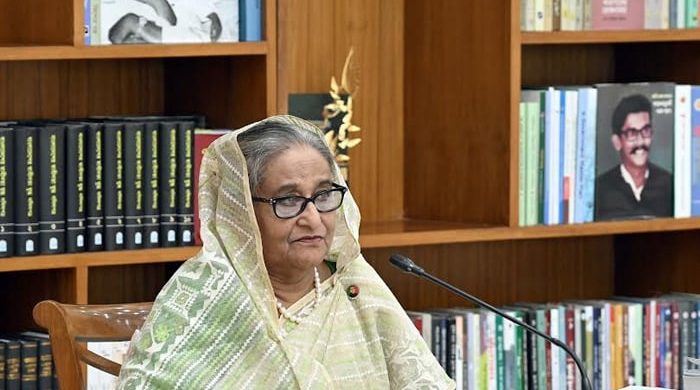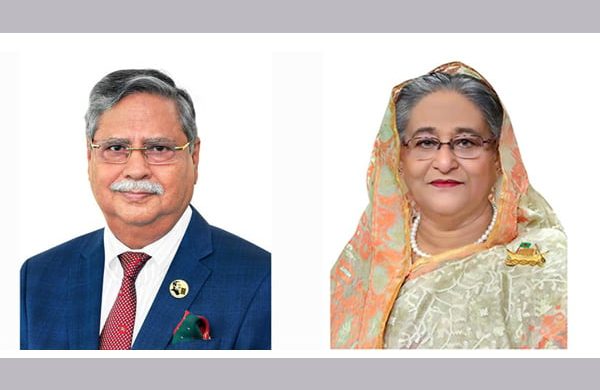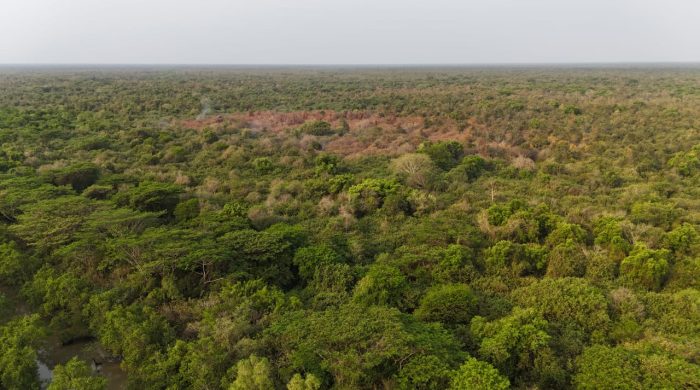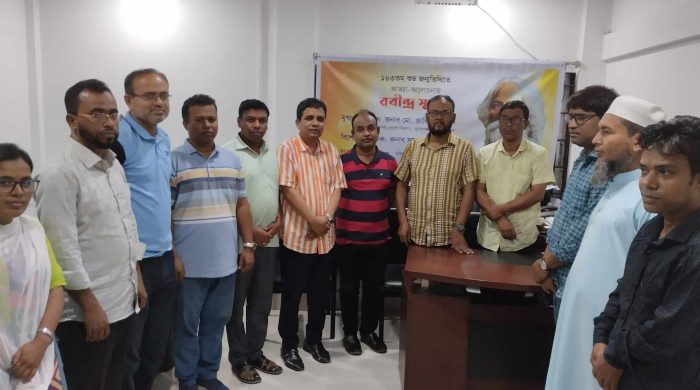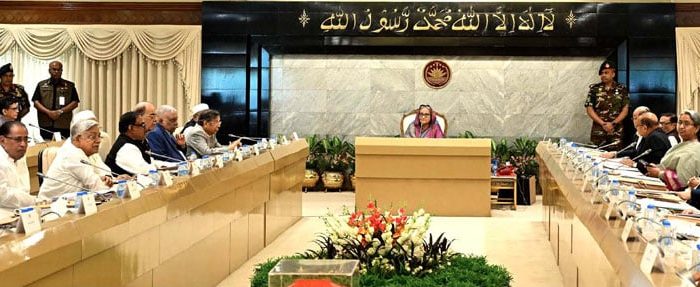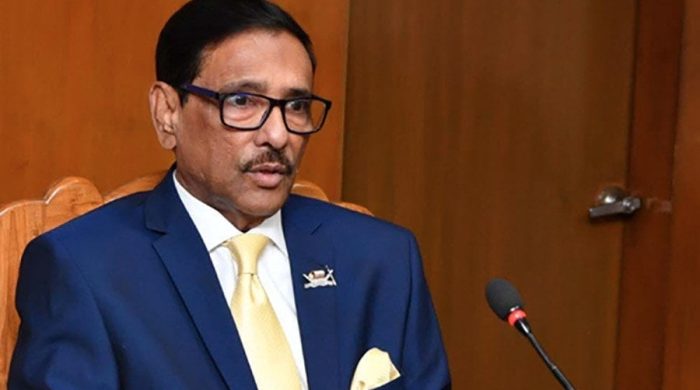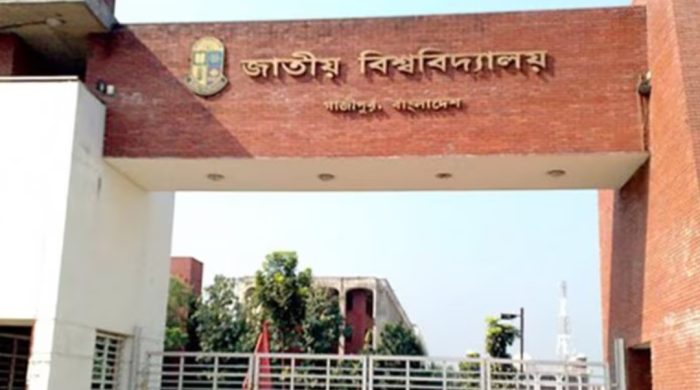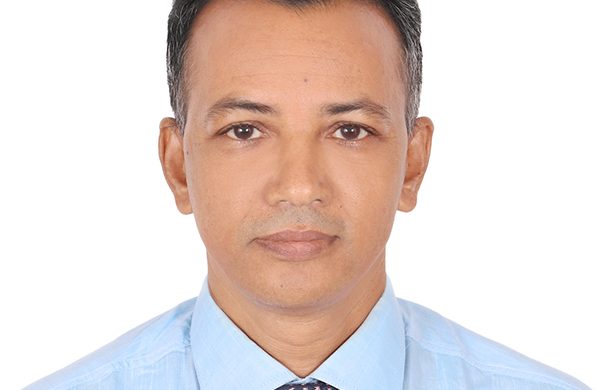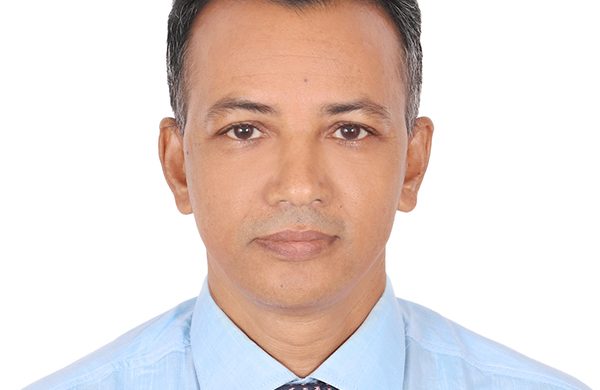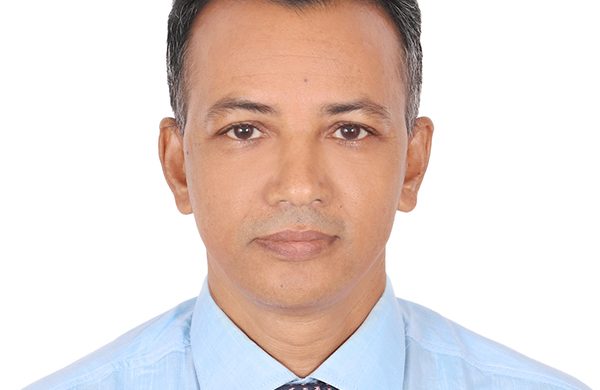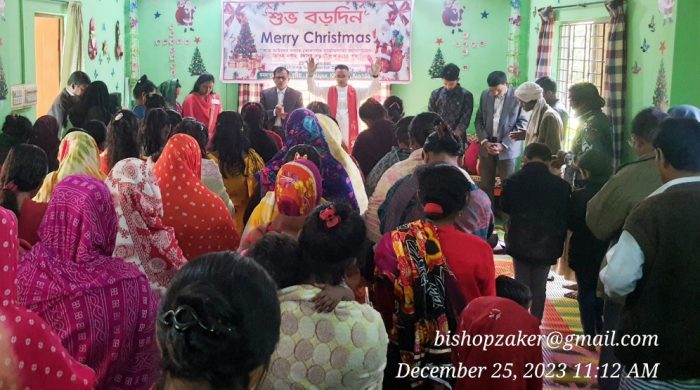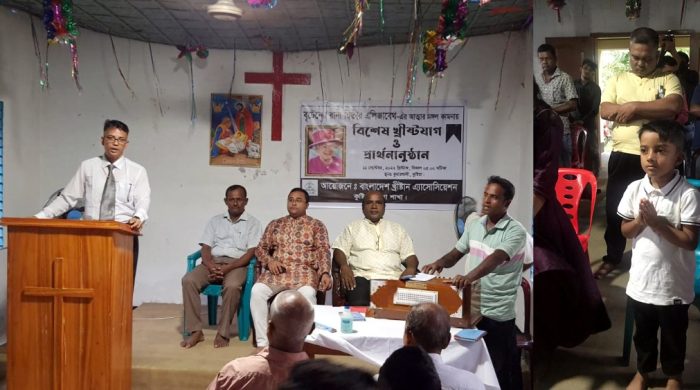Headline :
Notice :
Workshop on developing International legally binding instrument on Plastic Pollution held
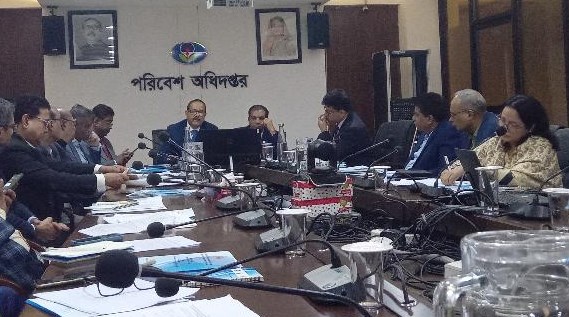
Staff Reporter
Department of Environment organised a Seminar on Reviewing of 3rd Meeting of Intergovernmental Negotiating Committee (INC3) to develop an international legally binding instrument on Plastic Pollution, including in the Marine Environment and its way forward on 31 December under the project “Integrated Approach towards Sustainable Plastics Use and Marine Litter Prevention in Bangladesh”.
Director General of Department of Environment Dr. Abdul Hamid Chaired the workshop whereas Additional Secretary (Environment) of Ministry of Environment, Forest and Climate Change Sanjay Kumar Bhowmik was present as the special guest. Country Representative of United Nations Industrial Development Organization Dr. Zaki Uz Zaman, Additional Director General of Department of Environment Kazi Abu Taher, Joint Secretary (Environment) of Ministry of Environment Mohammad Abdul Wadud Chowdhury, President of Bangladesh Plastic Goods, Manufacturers and Exporters Association Shamim Ahmed spoke on the occasion. INC Focal of Bangladesh and Deputy Secretary Md. Mazedul Islam and Deputy Director of DoE Dr. Abdullah Al Mamun presented the keynote paper.
The speakers urged not to burn plastic indiscriminately to avoid air pollution. They said Micro plastic causes different diseases, so proper management of plastic is a must. Everyone concerned should come forward in this regard.
In the keynote presentation it is said said that Downstream countries are paying the high price through continuously polluting adjacent marine environment. Under this circumstances Bangladesh suggested to Include the definition of “downstream developing countries” and to add a comprehensive list the same in annex into the text of upcoming internationally legally binding plastic treaty.
Bangladesh also suggested a dedicated funding stream for the downstream developing countries and a significant exemption period for downstream developing countries to fulfil the targets on waste management. Also suggested to ensure representation of downstream countries in all subsidiary body and nsuring financial support from noncompliance upstream countries through using the polluters pay principle, EPR mechanisms, etc.
আপনার মতামত লিখুন :
Leave a Reply
More News Of This Category
NEWS OF DISTRICT





